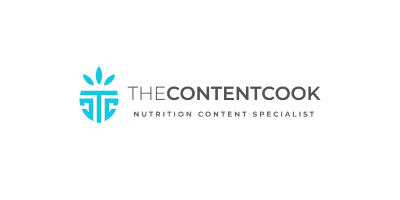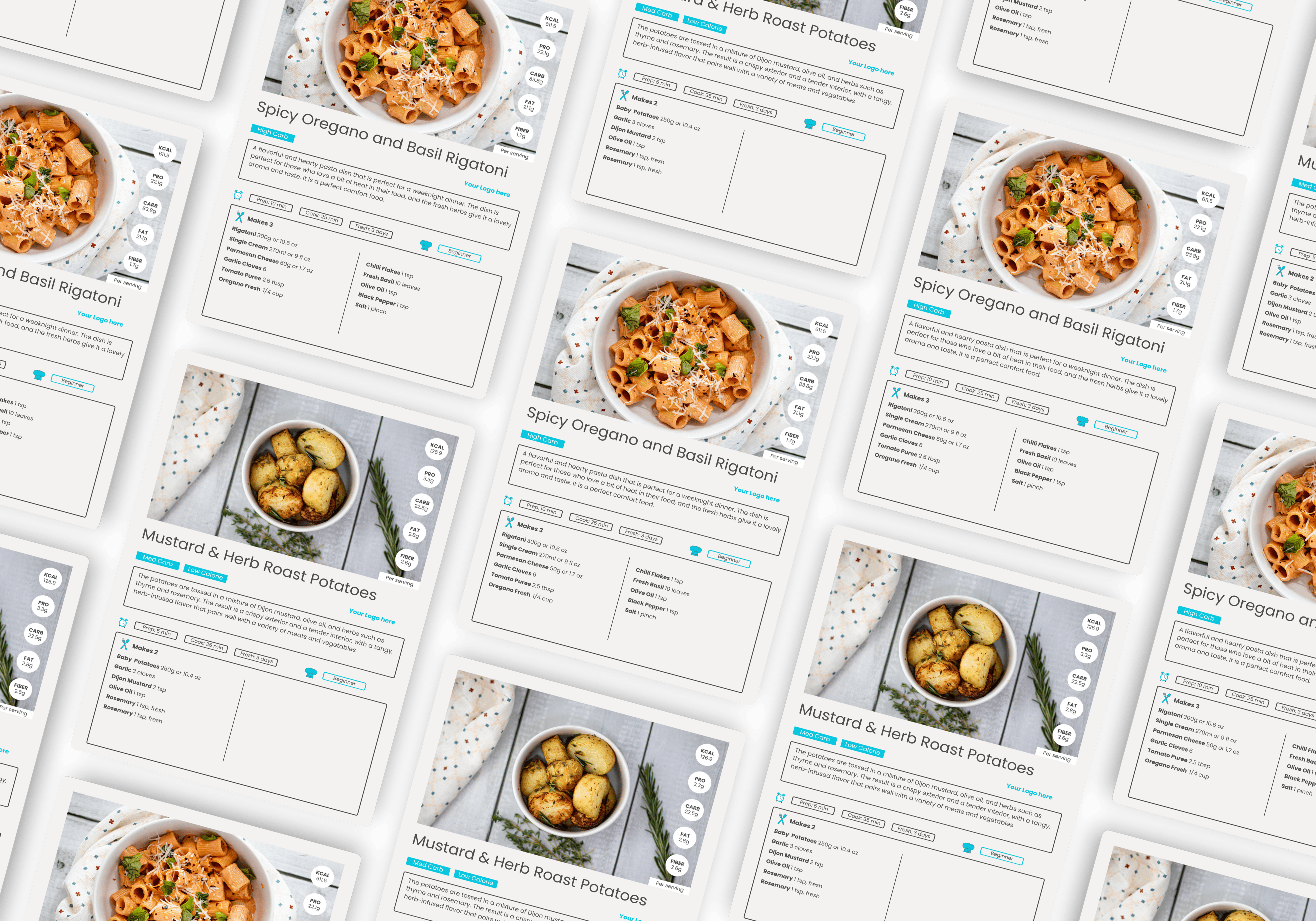Client Nutrition Goals
As a nutrition professional, setting and achieving client nutrition goals is at the heart of your practice. Helping your clients establish clear, attainable goals is essential to their success and ensures that they stay motivated and committed to their health and wellness journey.
Understanding Your Client's Needs
Before diving into goal setting, it’s crucial to understand your client’s unique needs, preferences, and priorities. Start by assessing their current health, lifestyle, and dietary habits. This will give you a clear picture of where they stand and what areas need improvement.
Identify your client’s priorities and preferences, considering factors such as medical conditions, food allergies, cultural or religious dietary restrictions, and personal tastes. This will help you create a tailored nutrition plan that meets their specific needs.
Goal-Setting Techniques
To set effective client nutrition goals, use the SMART criteria, ensuring goals are Specific, Measurable, Achievable, Relevant, and Time-bound. This technique helps you and your clients stay focused and track progress. Encourage your clients to set realistic and attainable goals that align with their priorities and preferences. This will ensure that the goals are relevant and achievable, and the client is more likely to stick with them.
For example, instead of setting a vague goal like “I want to lose weight,” a SMART goal could be “I want to lose 5 pounds in the next month by reducing my daily calorie intake by 500 calories and increasing my physical activity to 30 minutes a day, 5 days a week.”
By setting achievable goals, your client will experience success, build confidence, and remain motivated throughout their nutrition journey.
Creating Customized Nutrition Plans
Based on your client’s needs and goals, develop a personalized meal plan and nutrition strategy. Take into account their preferences, dietary restrictions, and lifestyle factors to create a plan that is enjoyable and easy to follow.
Consider their food preferences, cooking skills, schedule, and budget when developing the nutrition plan.
Providing clients with easy-to-follow recipes and meal plans that fit their lifestyle and goals will increase their compliance and improve their chances of success.
This personalized approach also ensures that the nutrition plan is realistic and achievable for your client, leading to long-term success.
Monitoring Progress and Providing Feedback
Regularly evaluate your client’s progress toward their nutrition goals. Use measurable metrics, such as weight, body fat percentage, or clothing size change to track progress.
This step is crucial as it helps to identify if the client is on track and if they need any additional support.
Providing constructive feedback and celebrating their successes will keep them motivated and committed to their goals.
Positive reinforcement can go a long way in increasing compliance and improving the chances of success. Adjust the nutrition plan as needed to ensure continued progress.
Adjusting Strategies and Overcoming Challenges
As your clients progress, you may need to modify their nutrition plans based on their feedback, successes, or challenges.
Be flexible and adaptive in your approach, providing support and guidance to help your clients navigate any obstacles they may encounter.
For example, if a client is struggling to stick to their plan, consider adjusting the plan to include more of their favorite foods or finding ways to make meal prep easier.
By adapting the nutrition plan to meet the client’s needs, you increase their compliance and improve the chances of success.
Client Accountability and Motivation
Encouraging your clients to take responsibility for their progress and stay accountable to their goals is essential.
Utilize various motivational techniques, such as setting small milestones, providing rewards, or creating support systems, to keep your clients engaged and committed to their nutrition journey.
For instance, you could set up a rewards system where clients earn points for achieving their goals and can redeem them for a reduced rate on their coaching etc. This technique motivates the client to stay on track, and they feel recognized for their hard work.
Also, providing regular support and encouragement through phone calls, emails, or in-person visits will help clients stay engaged and motivated to achieve their nutrition goals.
Maintaining Long-Term Success
Once your clients have achieved their nutrition goals, help them maintain their success by developing sustainable habits and continuing to provide support and guidance.
Long-term success relies on lasting lifestyle changes and ongoing commitment to healthy living.
Provide ongoing education on nutrition and healthy habits and encourage clients to stay connected with your practice for continued support. By offering long-term support and guidance, you increase the chances of the client maintaining their progress and achieving their overall health and wellness goals.
Conclusion
In conclusion, setting and achieving client nutrition goals is an essential aspect of your role as a nutrition professional.
By understanding your client’s needs, setting SMART goals, creating customized nutrition plans, monitoring progress, and providing feedback, you can help your clients achieve their full potential and lead healthier, happier lives.
Also, by encouraging client accountability and motivation, and providing ongoing support and guidance, you increase their chances of long-term success. Your role as a nutrition professional is crucial in helping your clients achieve their nutrition goals and transform their health and wellness journey.



